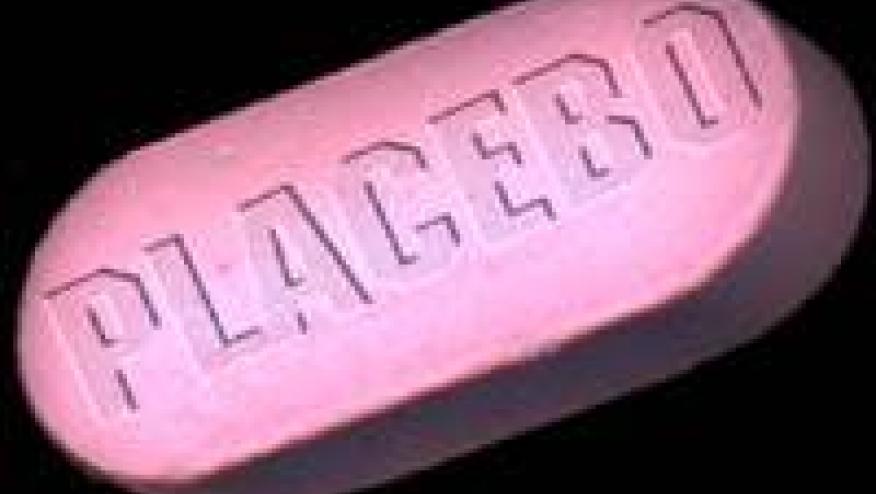High Placebo Responses in SLE Trials Save

A systematic review by Urowitz and colleagues examined placebo responses in randomized controlled trials (RCTs) of non-renal, non-neuropsychiatric systemic lupus erythematosus (SLE) patients showing unexpectedly high placebo responses; with more than one-third of the placebo-treated SLE patients responding by validated outcome measures.
The literature review included 24 RCTs (n = 11128 patients) that included 3899 placebo-treated SLE patients. Patients receiving PBO were mostly females (94%), white (60%), nearly 40 years old, and with a mean disease duration of 7.4 years. At entry their mean SLEDAI score was 10.4, and 61% had anti-dsDNA antibodies and 36-41% had low C3 or C4 levels. In these RCTS, patients remained on background standard-of-care agents including glucocorticosteroids (86%), antimalarials (73%) or immunosuppressives (49%).
Over one-third (36.2%) of patients qualified as placebo responders according to the primary end point (12 or 24 weeks) defined in each study, with slight differences among common validated outcome measures:
- SLE Responder Index-4 (SRI-4) = 39.8% for the
- SRI-5 = 29.2%
- SRI-6 = 28.4%
- BICLA (BILAG-based Combined Lupus Assessment) = 30.9%
The percentage who reduced their steroid use (15%) or normalized their dsDNA (8%), C3 (20%) and C4 (17%) were much less.
Safety signals usually seen in these trials were also seen in PBO treated patients, including serious adverse events (16.3%), serious infections (5.5%) and malignancies (0.3%).
Lupus trials have been marred by disappointingly small difference in efficacy outcomes between active drugs and the placebo. Presumeably these relatively high placebo responses in lupus trials complicate trial design and call for measures to limit the placebo response. Might that be greater patient homogeneity, limits on standard background therapyes, or novel trial designs?










If you are a health practitioner, you may Login/Register to comment.
Due to the nature of these comment forums, only health practitioners are allowed to comment at this time.